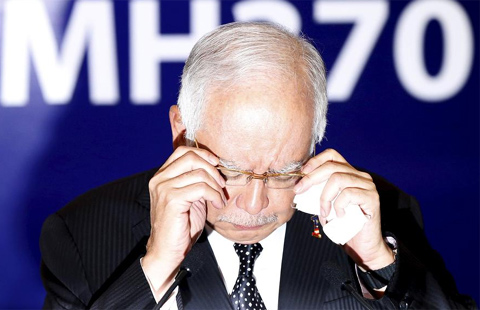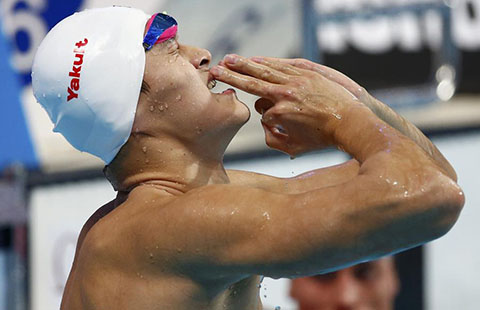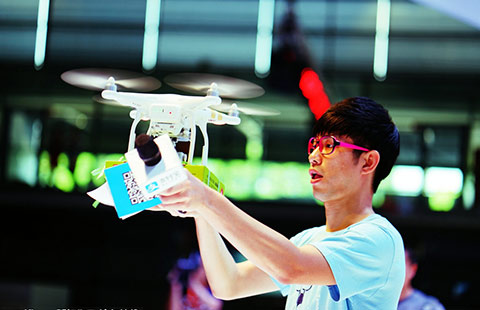
Also on stage: A lineup of candidates with sharply conservative records and attention-grabbing personalities seeking to pull the party further to the right, including Texas Sen. Ted Cruz, surgeon and Tea Party favorite Ben Carson and former Arkansas governor Mike Huckabee, a popular choice among evangelicals and social conservatives. Kentucky Senator Paul adds a libertarian twist to the Republican field.
Rounding out the top 10 are two governors. New Jersey's Chris Christie is a past favorite looking to return to the top tier, while Ohio's John Kasich is a latecomer to the race whose first campaign for president 16 years ago never took off.
The remaining seven were relegated to a pre-debate forum, a low-key event in a largely empty arena, where candidates avoided debating each other and largely stuck to scripted responses on domestic and foreign policy.
Former Texas governor Rick Perry and businesswoman Carly Fiorina opened the early event with biting criticisms of Trump.
Perry, whose failed 2012 White House campaign was damaged by an embarrassing debate stumble, accused Trump of using "his celebrity rather than his conservatism" to fuel his run for president.
Fiorina, the only woman in the GOP field, said that Trump had tapped into Americans' anger with Washington but she challenged the businessman as lacking policy positions. "What are the principles by which he would govern?" she asked.
While the candidates pitch their visions for the Republican Party's future, they'll also be making the case that they would present the strongest general election challenge to Hillary Rodham Clinton, the front-runner for the Democratic nomination.
Clinton was scheduled to be traveling during the debate and didn't plan to make a statement afterward. Her campaign pre-emptively made the case that there was little difference between Trump's "outrageous" positions and the rest of the field.
"They all have an identical agenda," said Joel Benenson, Clinton's chief strategist.
The debate was the first of six party-sanctioned forums scheduled before primary voting begins in February. Fox News used national polls to determine which 10 candidates would be on the stage, and several candidates were grouped together in the single digits, most separated by a number smaller than the polls' margin of error.








